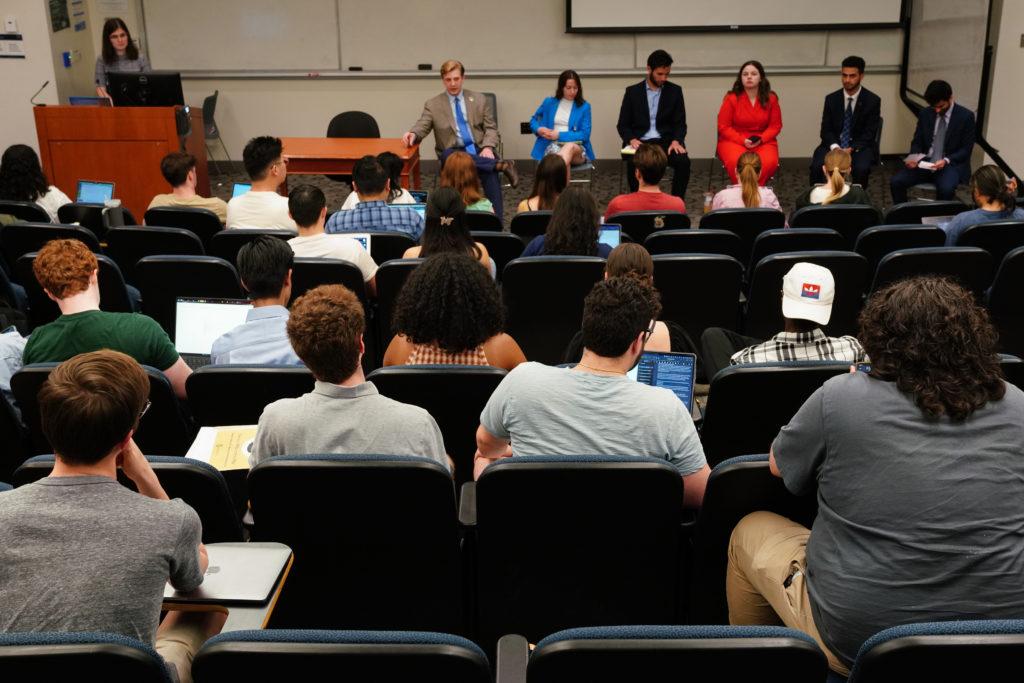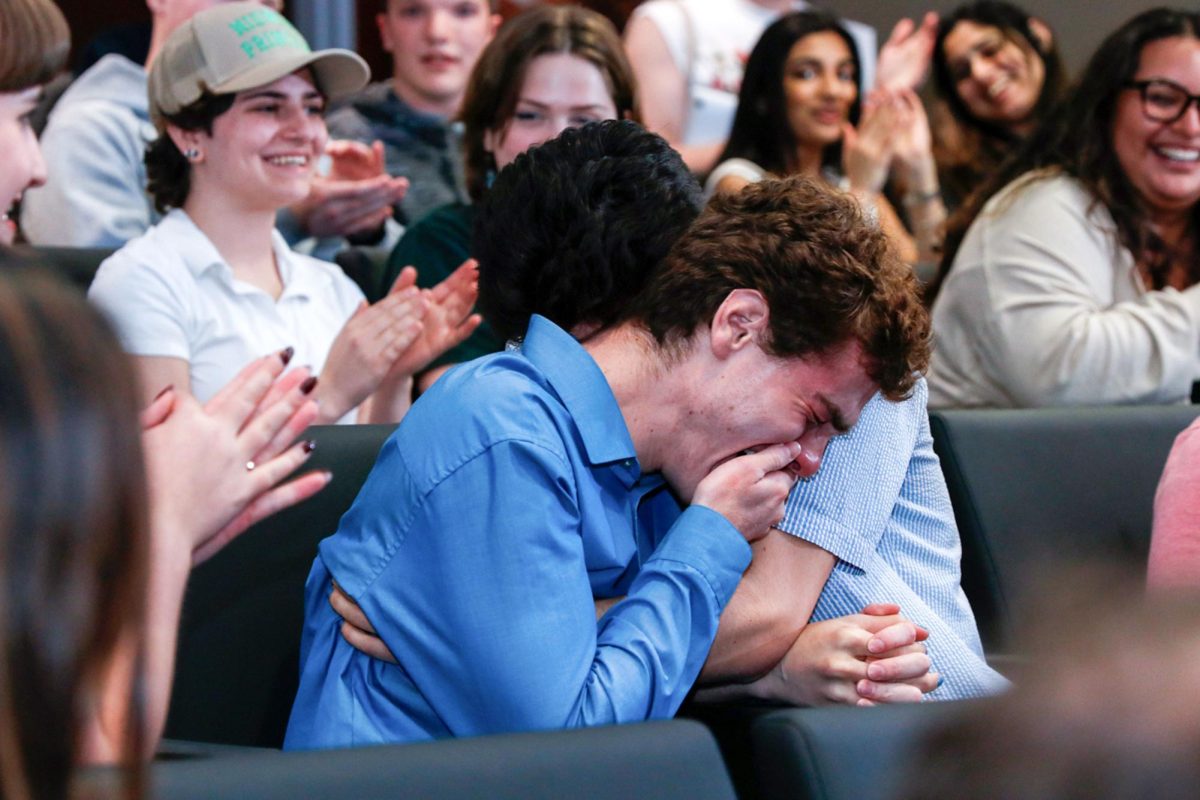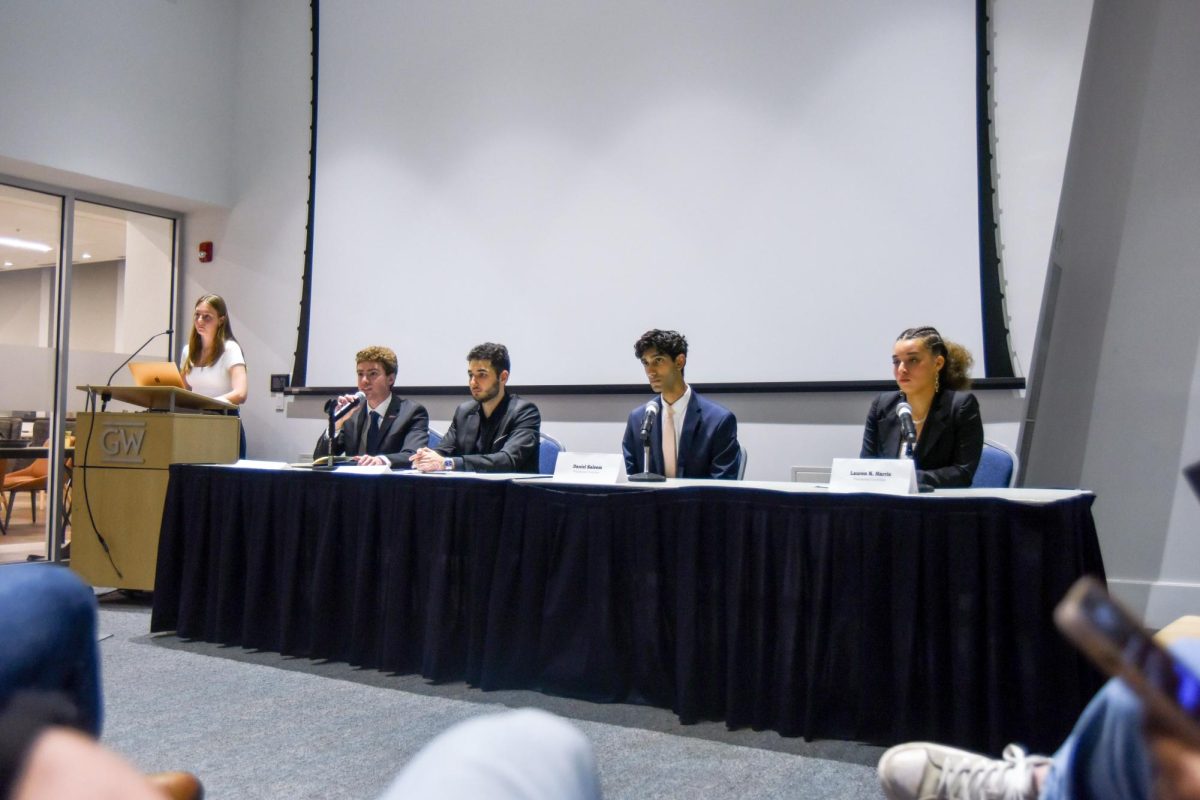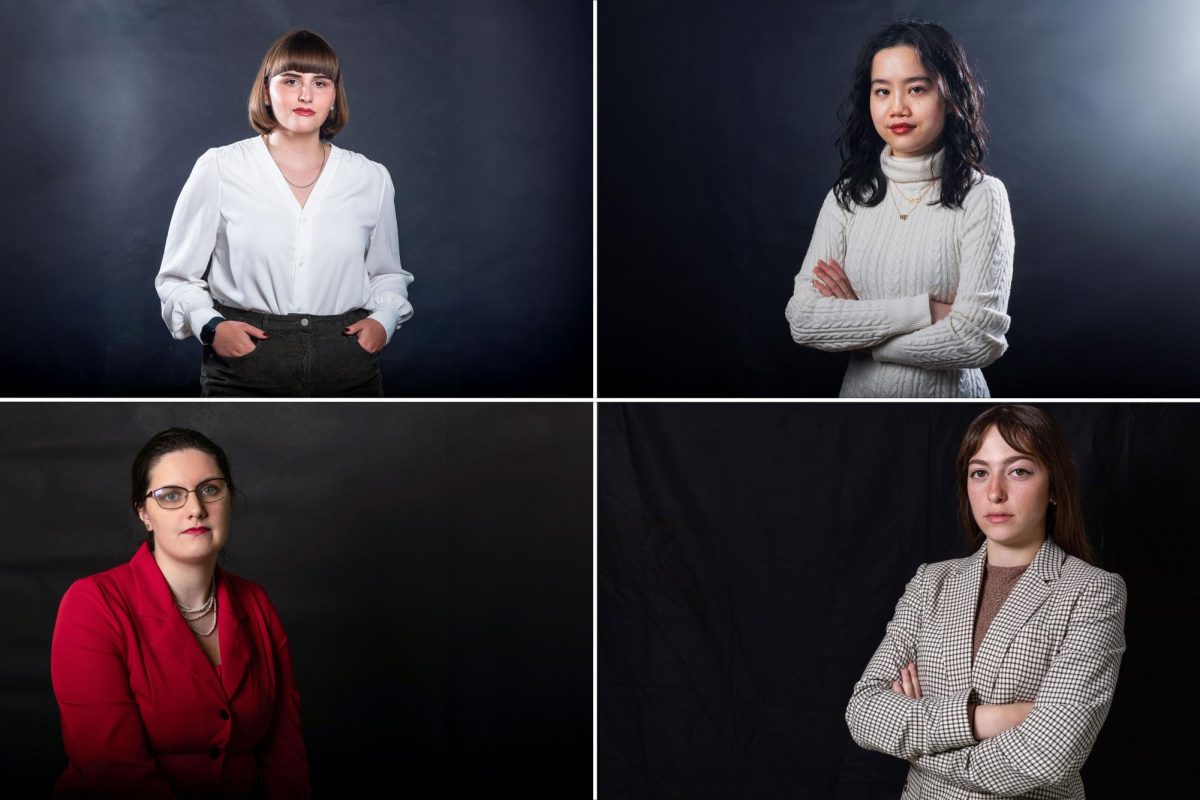Student voter turnout in this year’s Student Association election dropped to lows not seen for at least a decade amid controversies and delays.
A total of 2,190 students – about 8.5 percent of the roughly 25,600 eligible voters – cast a vote in the SA’s election last week, according to the Joint Election Commission’s certified results. Last year’s election sustained the lowest turnout in 10 years, a low point cleared by last week’s election.
Voter participation plunged by more than 500 votes this year compared to last year’s record-breaking low of just 2,690 votes, which candidates and JEC members attribute to the pandemic, the SA’s reputation and confusion over this year’s rescheduled election.
Students elected Residence Hall Association President Arielle Geismar, who won the SA presidency by 353 votes after 32 rounds of tabulation under the ranked-choice voting system. SA Senate Chairperson Pro Tempore Demetrius Apostolis secured the vice presidency by 145 votes in the first round of voting.
Voter turnout has steadily decreased since 2019. In 2019, roughly 17.9 percent of eligible students cast a vote, but turnout declined by 4.5 percent in 2020, with only 13.4 percent of students voting. Geismar said despite hoping for more participation, she was not surprised by the low turnout because of its steady decline in recent years’ elections. She said she has heard from students that there are frustrations and trust issues with the organization after election delays and scandals, which further diminished the turnout.
“I think the Student Association has lost a lot of credibility over the years, and so it’s not surprising that people don’t feel empowered to vote,” Geismar said.
Geismar said she believes students and SA senators share a “collective responsibility” to increase voter turnout. She said she worked to increase participation by talking to voters and holding events that encouraged students to vote in the election rather than lobbying for one candidate. She said she held an event last Thursday where she gave out ice pops and encouraged students to make their voices heard.
“The SA has a lot of institutional power, and I’m looking forward to utilizing it to the fullest to improve the lives of students,” Geismar said. “It’s important GW students vote to make their voice heard and influence GW for future years.”
Michael Ubis, the Joint Elections Commission’s policy and finance chair, said the JEC didn’t have the opportunity to publicize the election as much as he hoped due to its “compressed” timeline and confusion about election dates.
The JEC rescheduled the SA elections twice this year, first extending the deadline to hold the election from March 31 to April 14 to accommodate the senate confirming JEC members about two months late. The JEC further delayed the election from April 5 and 6 to April 13 and 14 after disqualifying three candidates, including incumbent SA President Christian Zidouemba.
“Part of that has to do with the SA’s problems,” Ubis said. “Part of that has to do with the JEC getting appointed late and not being able to have those outreach events. Part of it is that we may never get back to pre-COVID levels of turnout because there just isn’t as much interest in the SA as there was before.”
Ubis said the pandemic damaged students’ interest in the SA. The SA elections have been entirely virtual since 2021.
“During COVID, the election went completely virtual and candidates lost the ability to connect with voters and campaign in person,” he said.
Fatima Konte, the chair of the JEC, said she believes voter turnout was low this year due to a lack of trust in the SA senate and because many students “don’t see the point in it.” She said the JEC hosted publicity events in the University Student Center in the days leading up to the election where students could talk with the commission in an effort to increase voter engagement.
Konte said she believes more people would have participated in this year’s election if the JEC had been able to start its operations earlier in the school year, including increasing engagement and getting people more “excited” for the election.
“I think it was unfortunate because time wasn’t on our side, but I know that most of the JEC members joined for the purpose of increasing turnout in the election,” Konte said.











